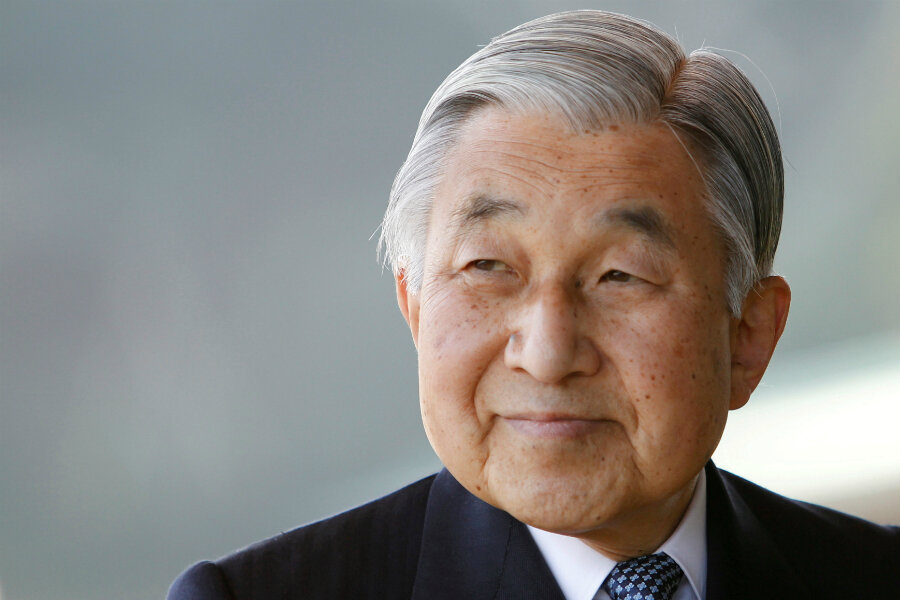A new law allows Japan Emperor Akihito to abdicate. Who would replace him?
Loading...
| Tokyo
Japan's parliament on Friday passed a law allowing Emperor Akihito to become the country's first monarch to abdicate in 200 years, but put off a debate over how to tackle the shrinking royal population and whether to allow women to ascend the throne.
In veiled language, the 83-year-old emperor expressed his wish to abdicate last August, citing his age and health.
Under the law enacted Friday, his abdication must take place within three years.
Current succession rules allow only men from the paternal bloodline to ascend the 2,000-year-old Chrysanthemum Throne. Women, but not men, are forced to renounce their royal status if they marry a commoner.
Prime Minister Shinzo Abe's conservative government supports male-only succession. Akihito's son, Crown Prince Naruhito, is next in line.
Naruhito's only child is a girl, and his younger brother, Prince Akishino, has two adult daughters and a 10-year-old son, Hisahito. This means only one of the emperor's four grandchildren is an eligible heir.
After Naruhito's daughter was born, a government panel discussed the possibility of allowing female ascension, but the talk quickly faded after Hisahito's birth.
Akihito's coming abdication has rekindled concerns about a shortage of heirs.
The Abe government avoided taking up divisive issues involving the status of female royals, which would have required a time-consuming and broader overhaul of the 1947 Imperial House Law.
To secure opposition support, the ruling party did agree to a non-binding attachment to the bill calling on the government to study ways to improve the status of princesses.
That could include allowing them to keep their titles so that they can make up for the declining royal membership and continue to perform some royal family public duties.
The abdication law applies only to Akihito and expires in three years, to avoid putting future monarchs at risk of forcible abdication due to political manipulation. The law was needed because the 1947 Imperial House Law does not provide for abdication.
Japanese media reports have said officials are considering having Akihito abdicate at the end of 2018, when he would turn 85 and mark nearly 30 years on the throne. No date has been announced yet.
The last emperor to abdicate was Kokaku in 1817.







